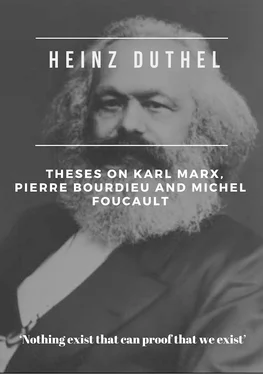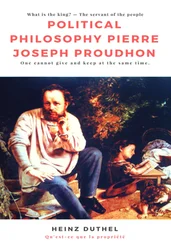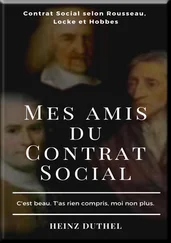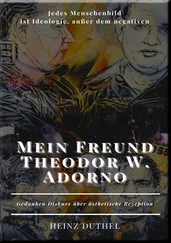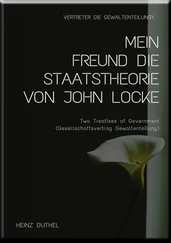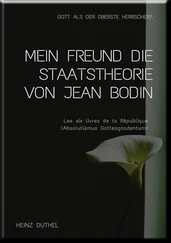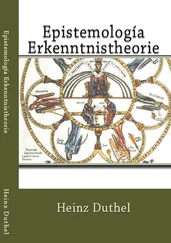examining the forms of self representation through the rituals and practices and myths which pervade every day of existence. . . Pervasive representations are not merely abstractly stored in the head but are materialised in social practices and rituals, which have explanatory power.
[Sharp, 1980 #67, pps 108 - 109]
In a study of an inner-city multi-racial Catholic school in Toronto, Peter McLaren demonstrates the strengths and the effects of the rituals, which permeate not only religious life, but our schools as well. [McLaren, 1986 #224]. Rituals are embedded in our psyche as organised patterned behaviour, which draw on shared structures. They are both imposed upon and created by us. However, rituals may be encouraged as a way of obscuring alternatives. In this way, dominant groups can maintain a hold over others. One advantage of rituals is the organisation of behaviour that makes us predictable. Peter McLaren gives a much fuller discussion of the nature and effect of rituals in society [McLaren, 1986 #224, pps 1 - 48], which demonstrates how we need to consider the role played by elaborate and ritualistic practices in the maintenance of the existing social order in order make any changes. Rituals make it more difficult for alternatives to be seriously considered as necessary or appropriate.
Above all, it is important to try to convey the possibility of alternatives, One of the strongest ideological supports for capitalism is the way it has generated a belief in its own necessity.
[Sharp, 1980 #67, p 167]
This is an issue that has come up over and over again so far, and is one which I felt would need to be seriously considered in my empirical work – how to uncover and illuminate the ideological supports for capitalism. To some extent, many of the macro-sociological studies have proved less than durable to analysis, and less helpful. By focussing on supra-social structures at the expense of the mechanisms by which these structures are bought about has lead to an over-dependence on arguments that largely write out human agency. One contribution to such an understanding of the nature and influence of human agency is that of Basil Bernstein.
2.2.7 Basil Bernstein: Micro-educational processes - class and pedagogy
One of the most significant contributions in the development of frameworks and structures for understanding human agency in social reproduction through the education system has come from Basil Bernstein. He has over many years looked at both the meso-level as well as the macro-level of human interaction, and he argues that pedagogical practice is one human device for reproduction and production of culture and social structure [Bernstein, 1990 #245, p 64]. You have to learn your place and your role, whether you are a teacher or a pupil. Pupils have to learn to be a learner, but more than this, they have to learn the limitation of what they have to learn. In achieving this, children learn the rules of social order – what Basil Bernstein calls ‘hierarchical rules’. These rules are both implicit and explicit. Connected to the hierarchical rules are sequencing rules which organise the order of the curriculum and more overtly dictate the nature of the child through stages and the definition of needs [See also \Walkerdine, 1984 #70]. The distinction between implicit and explicit pedagogical practices define what Basil Bernstein calls ‘invisible’ and ‘visible‘ pedagogy [Bernstein, 1990 #245, p 70 et. seq.].
Moving toward a micro-analysis of the mechanisms of social control, Basil Bernstein argues that the way in which pedagogical practices sequence the educational experiences for different children separates the local from the less-local. This is to say that local, context dependent operations and actions are sequenced before the context independent operations that focus on application and principles [Bernstein, 1990 #245, p 75]. The children who tend to fall through this net are often those children from lower working class families who become constrained into the local, context dependent skills. This process is further explained by the diverse influences of the two sites of pedagogic action – the school and the home. Where the home situation forces attention on the local context, pupils will be at a disadvantage in a school site demanding a focus with less context specificity. Children will thus be limited in the level of success they can achieve through schooling since they fail to fit the model of an ideal successful pupil.
In this way children’s consciousness is differentially and invidiously regulated according to their social class origin and their families’ official pedagogic practice.
[Bernstein, 1990 #245, p 77]
Consequent practices and forms of organisation in schools will reinforce this process, through stratification and separation – setting, streaming, banding and other divergences. This then separates the pupils whose knowledge is localised, being labeled and pathologised as educational failures. Pupils who have access to the linguistic structures will thus be privileged – cultural capital in all but name!
Currently the visible pedagogy of the school is cheap to transmit because it is subsidized by the middle class family and paid for by the alienation and failure of children of the disadvantaged classes and groups.
[Bernstein, 1990 #245, p 78]
This failure is even more stark since three major studies of language use and social class [Tizard, 1984 #641; Labov, 1969 #503; Bernstein, 1971 #504] show that working class children are as competent at conceptual and logical thinking as middle class children. Children from working class backgrounds can thus perform as well, but do not achieve as much success. I found the most worrying aspect here to be Barbara Tizard and Martin Hughes findings that all the teachers in their study rejected this finding as “incredulous” [Tizard, 1984 #641, p 159].
Basil Bernstein has a tendency to impose tight structuring and classifications upon his models, and this often makes it difficult to distill out the social activity. He does however suggest that there are ways schools can change the situation by relaxing the structuring of the curriculum and by “a weakening of the framing regulating the flow of communication between the school classroom and the community the school draws upon” [Bernstein, 1990 #245, p 79]. By this, we could move to open out the curriculum to involve and encompass the local community and parents.
The other form of pedagogical action is the “invisible pedagogy” [Bernstein, 1990 #245, pps 80 – 86]. In invisible pedagogies, rules are implicit, control is exercised through inter-personal relations and communication and relaxed familial settings. However “the surveillance of the child is total” [Bernstein, 1990 #245, p 83] and the control mechanisms are shifted to internalised predispositions.
The assumptions of invisible pedagogies … are less likely to be met in class or ethnically disadvantaged groups and as a consequence the child is likely to misread the cultural and cognitive significance of such a classroom practice, and the teacher is likely to misread the cultural and cognitive significance of the child.
[Bernstein, 1990 #245, p 84]
Notwithstanding the significance of Basil Bernstein’s analysis, it is not without some controversy. He rarely analyses class at all; offering us only working class and middle class – though admittedly with some finer gradation – lower, upper [Rosen, 1972 #138, p 6]. What Basil Bernstein’s analysis avoids is an attention to social structure and supra-individual social control. There has always been a degree of cultural relativism in his work – particularly in his early work on restricted and elaborated codes – as even the pejorative use of the terminology might suggest. “The linguistic capital of the dominant culture is persistently over-valued and that of the dominated culture is persistently undervalued” [Rosen, 1972 #138, p 7]. However in a move to reject such accusations, Basil Bernstein does accept the need “to avoid implicit value judgments about the relative worth of speech systems and the cultures which they symbolize” [Bernstein, 1971 #504, p 186]. Further weight is added to the cultural relativism argument by the work William Labov carried out on the use of non-standard English. One of his conclusions seems particularly challenging to some aspects of Basil Bernstein’s position:
Читать дальше
